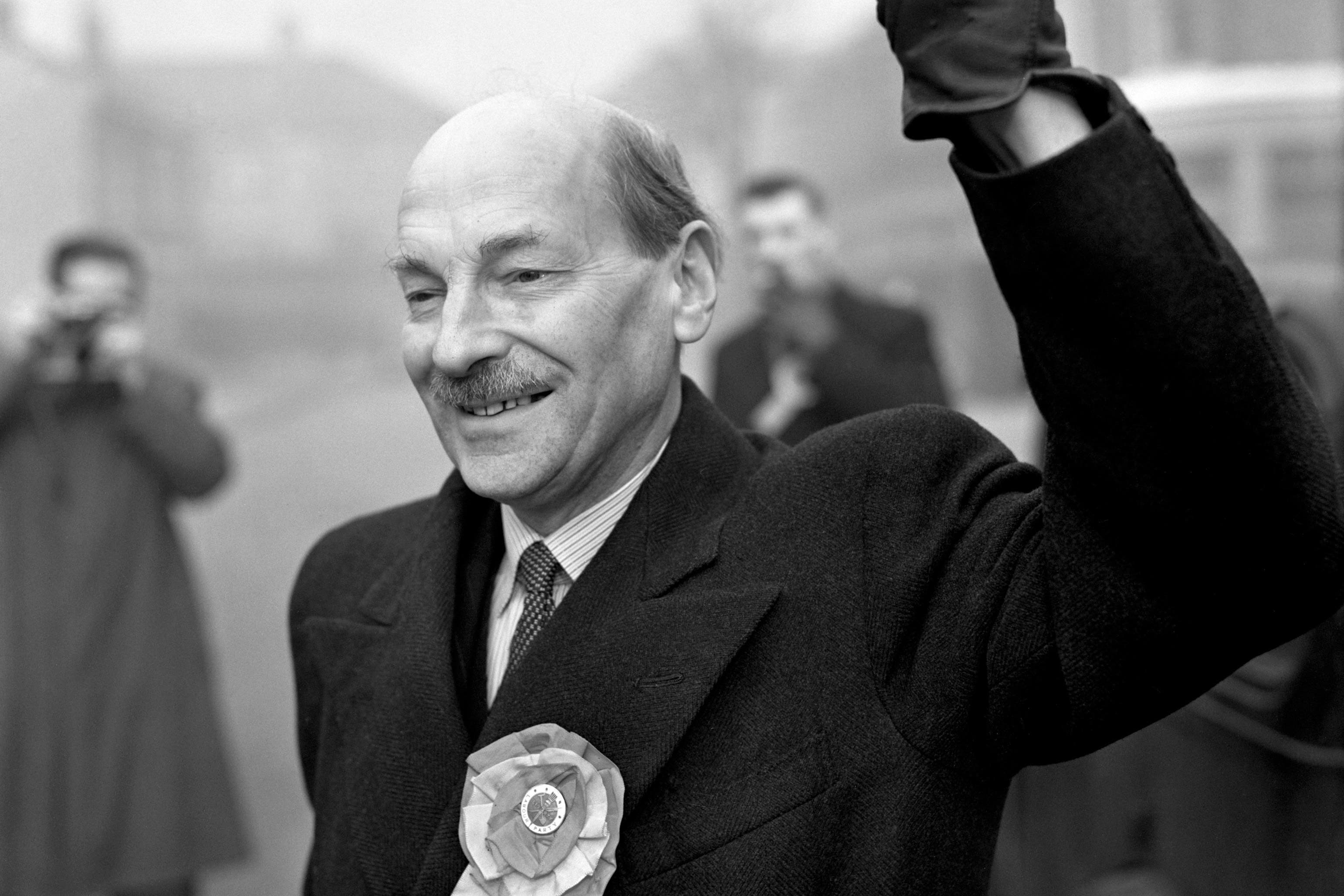Echoes of Clement Attlee with first July election since 1945
The Labour party gained a 145-seat majority in 1945.

The last general election held in July saw a Labour landslide in which Clement Attlee swept to power to oust Winston Churchill after the end of Second World War hostilities in Europe.
The 1945 election – which took place on July 5 – came within two months of VE Day and initiated a political transformation that saw the creation of the NHS and the building of social housing.
Parliament was dissolved only three weeks before Britons went to the polls, in contrast to the six weeks to go until July 4 this year.
The Labour Party gained a 145-seat majority and the Liberal Party leader, Archibald Sinclair, lost his seat.
The Conservatives lost 189 seats.
Clement Attlee, the Labour MP for Limehouse who replaced Winston Churchill as prime minister, introduced sweeping reforms such as the nationalisation of public utilities and the formation of the National Health Service.
A new generation of MPs who came to define 20th century British politics entered Parliament, including James Callaghan, Michael Foot and Harold Wilson.
Bookmark popover
Removed from bookmarks